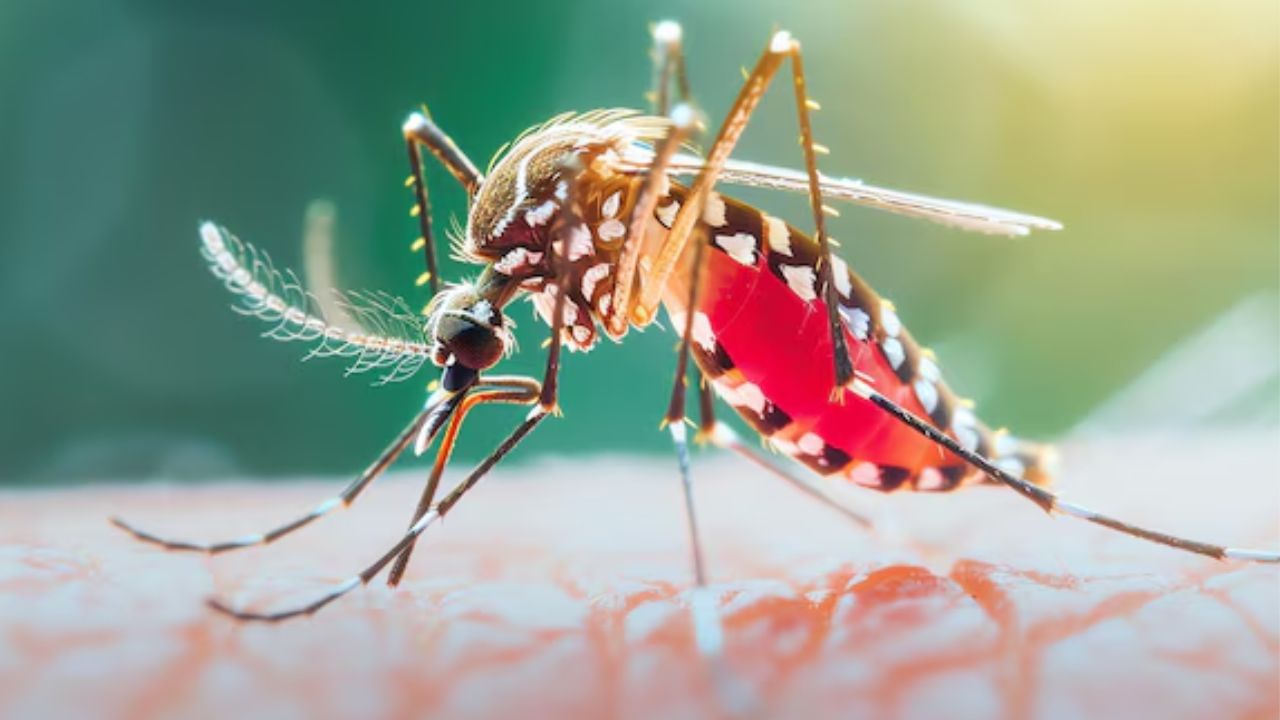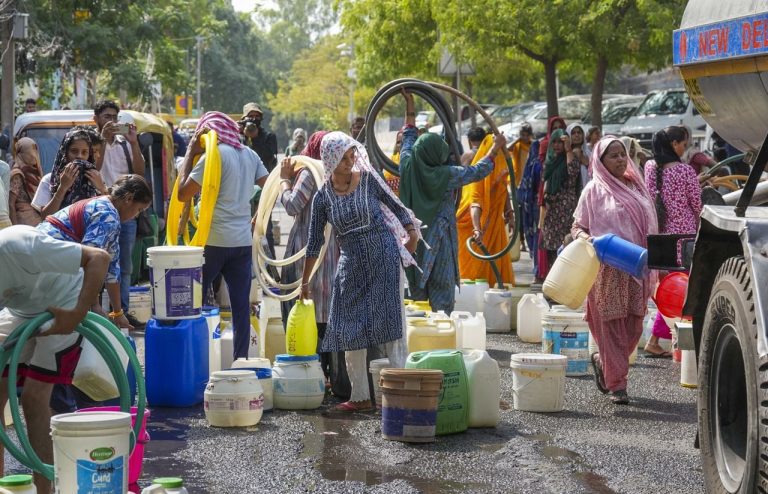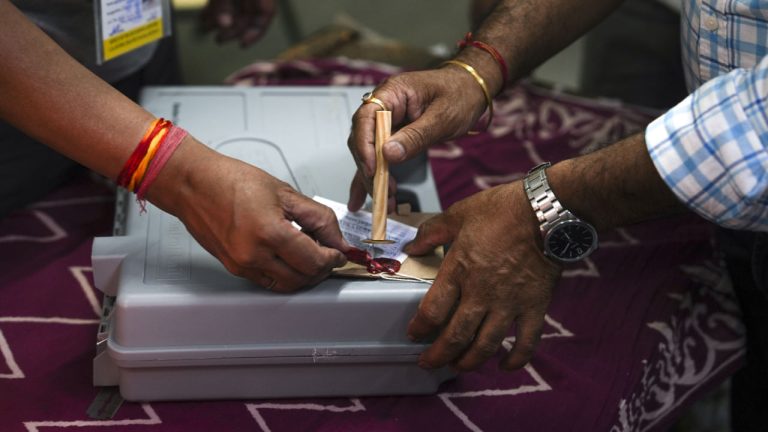Japanese encephalitis hits Delhi, a deadly mosquito-borne disease
In 2019, Covid-19 hit India and due to the ravages of the disease, it wreaked havoc across the country. Lockdown was implemented in the country and many people died. Such a Japanese disease is now attacking the country and it is very dangerous. Like dengue fever, this disease is mainly transmitted by mosquito bites. Like bird flu, this disease can be transmitted from animals to humans, and its name is Japanese encephalitis. A case of this disease has come to light. It is important to be careful. According to the Municipal Corporation of Delhi (MCD), a case has come to light in Bandipur area of West Zone of Delhi. Experts say that encephalitis is very dangerous. It is also known as brain fever. Japanese encephalitis (JE) is a viral disease caused by the Japanese encephalitis virus (JEV). The virus is transmitted by mosquitoes, which are also transmitted by animals, birds and pigs. When mosquitoes bite animals infected with this virus and then bite humans, the virus enters the human body and causes Japanese encephalitis. What are the symptoms? Symptoms of JE usually appear 5 to 15 days after a mosquito bite. 1. Fever 2. Headache 3. Muscle aches 4. Vomiting with headache 5. How are seizures identified? Cerebrospinal fluid (CSF) testing is done to diagnose JE. A blood test detects antibodies against JEV. Once this fever reaches the brain, it is difficult to control. This can also cause death. Most cases of this fever occur in children. The disease has a high case fatality rate (CFR) and survivors may suffer from varying degrees of neurologic sequelae.






